The Life of S. Thomas Becket of Canterbury
It ought not to be hard to read the character of S. Thomas of Canterbury, nor to understand for what cause he shed his blood. Ranke, with simply honest endeavour, has comprehended both. Speaking of Henry, he says: He did not choose to allow the Church freedom of election to high ecclesiastical dignities; he would not permit her excommunications to proceed without the supervision of the State. Not only did he insist on the right of the civil tribunals to judge ecclesiastics for great crimes, which would otherwise have been left unpunished, but in the sphere of spiritual jurisdiction he claimed for the State the right of being the highest court of appeal, instead of the Pope.Of S. Thomas himself the same historian says: Becket was not actuated by the same unbending obstinacy which characterizes most of the champions of the hierarchy. All this is quite clear and simple, and ought to be seen by anyone who takes the trouble to study the question. S. Thomas died for the liberty of the Church.
{{comment.content}}

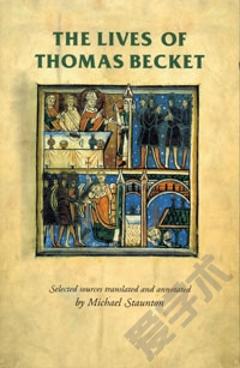
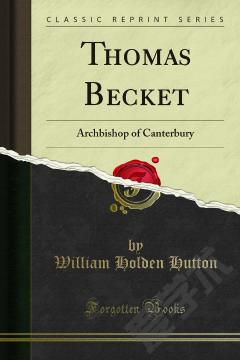
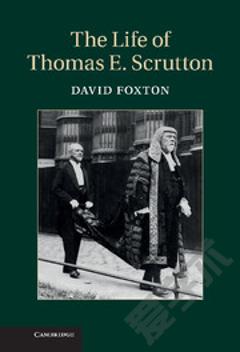
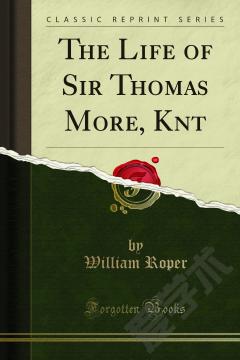
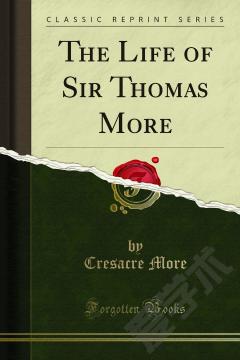


 京公网安备 11010802027623号
京公网安备 11010802027623号